Who Needs a Social Life Assistant?
Specializing in assisting the elderly, the social assistant has certified health, hygiene, dietetics, and psychology skills.
The social auxiliary is one of the home helpers for the elderly, just like the home nurse, the life assistant, the night guard, the home housekeeper, the home health aide, or the home hospitalization.
The social life assistant is at the service of elderly people in a situation of loss of autonomy and dependence.
She allows them to stay at home and avoids admission to a care institution or retirement home (often medicalized).
She has skills (now certified) that allow her to accomplish multiple missions, all of which aim to assist, support, and ensure the best possible comfort for the elderly.
When hired by the older adult (or by one of his/her descendants), the social auxiliary becomes an employee of a private employer and benefits from applying the provisions of the national collective agreement for employees of private employers.
Social auxiliary: a diploma is not mandatory
The diploma of social assistant sanctions the mastery of knowledge and skills dedicated to material and moral assistance
The social life assistant is trained to be at the service of a person:
– elderly,
– dependent because of the degradation of his physical and moral health,
– continuing to live and evolve in their home and their usual environment.
For this reason, her training includes modules related to the fields of:
– health,
– psychology,
– hygiene,
– dietetics and nutrition.
The social assistant can be a graduate, but this is not required by the collective agreement for employees of private employers to exercise the function.
However, this agreement provides for “certificates of professional qualification” recognized by the sector, which sanction training and acquired skills.
The possession of these certificates by an employee leads to her being classified at least at level 3 of the conventional classification.
Good to know: The performance of the function and the classification may also result from experience equivalent to knowledge and know-how acquired to the skills certified by the sector or the State.
Competences and missions of the social auxiliary
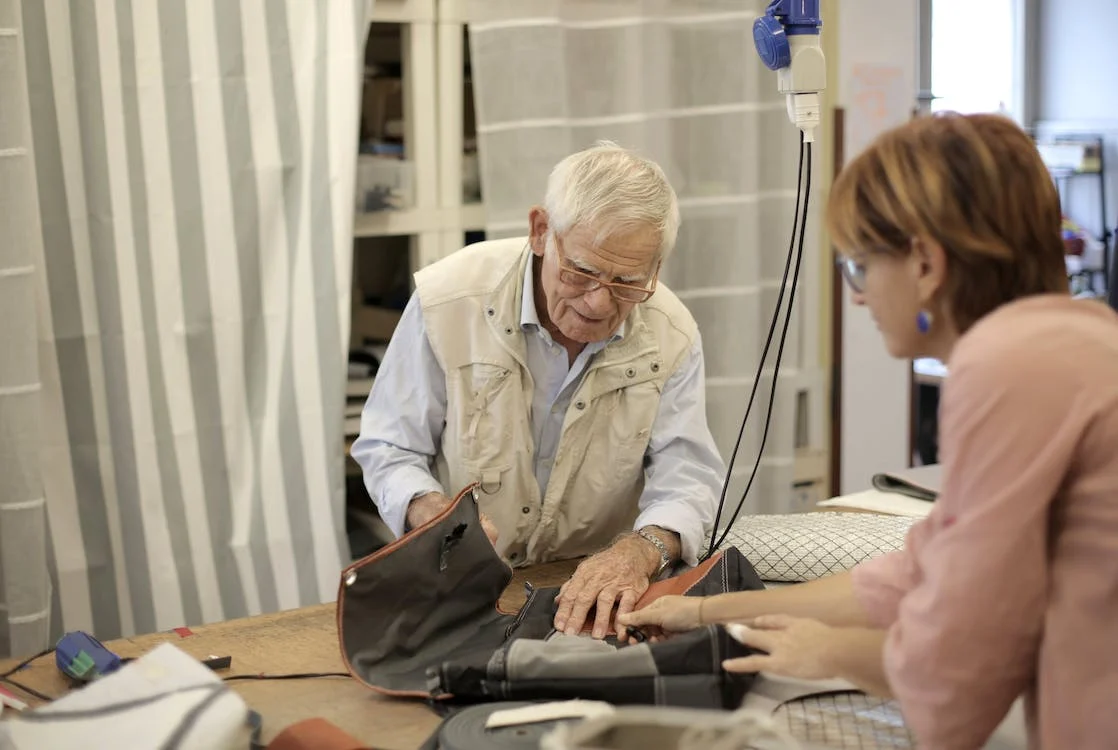
The social auxiliary is at the individual’s service in a situation of dependence. It must enable him/her to recover his/her autonomy and ensure his/her comfort in life.
The social life assistant performs functions around accompaniment, adaptation, relational, and medical alert and surveillance.
Alerting and medical surveillance by the social auxiliary
The social worker monitors the health of the elderly person and must be able to quickly identify problems that require medical intervention, whether conventional or emergency.
They must be constantly vigilant and report any unusual condition of the older person to the nursing staff.
Accompaniment in the essential acts of daily life by the social life assistant

The social assistant intervenes at the side of the older adult to:
– stimulate his intellectual, sensory, and motor faculties,
– facilitate their mobility, their movements, and their installation in a chair or bed,
– help with dressing and undressing,
– assisting with toileting when it is considered an act of daily living and has not been prescribed by a doctor,
– assist a person with a high level of dependency (for example, confined to a bed or chair) with toileting, in addition to the nursing staff, according to an evaluation of the situation and supervision by a nurse,
– assisting (when these acts do not have the character of medico-therapeutic acts) to:
◦ dietetics and nutrition,
◦ the taking of medication when the prescribing physician leaves it to the initiative of the older adult and when it does not present particular difficulties,
◦ elimination functions.
Accompaniment and assistance in the activities of ordinary life by the social life auxiliary
The social life assistant intervenes at the side of the elderly person to:
– help with the realization or realize food purchases,
– participate in the elaboration of menus, help in the realization or realize balanced meals or in conformity with the possible prescribed diets,
– help with or carry out the routine maintenance of linen and clothing, housing, cleaning of surfaces and materials,
– help or carry out the arrangement of the home space for comfort and safety.
Auxiliary of social life: help in the activities of the relational life
The social life assistant intervenes at the side of the older adult to
– participate in the development and restoration, and maintenance of psychological balance,
– stimulate social relationships,
– accompany him/her in leisure activities and social life: during short outings, walks, visits to the doctor, dentist..,
– help with the management of family documents and administrative procedures.
Note: The caregiver must also be able to listen, dialogue, consult and propose solutions with the elderly person’s family and caregivers, and generally with all the people involved.
The conditions for using a social assistant
An elderly dependent person can benefit from the services of a social auxiliary in different ways, ranging from salaried employment to services by a service provider.
The social assistant who intervenes in the older adult’s home can do so in several configurations.
She can be:
– recruited, hired, and salaried directly by the older adult (or one of his or her descendants), who thereby acquires the status of a private employer choosing to manage his or her work relationship with the social auxiliary alone,
– hired and employed directly by the elderly person (or one of his/her descendants) after the latter has been helped by an intermediary association which will have ensured the contact between the employer and the social auxiliary,
– hired and employed directly by the older adult (or one of his or her descendants), who will have been assisted by an association or an agent company, responsible for carrying out on behalf of the older person and within the framework of a contract of mandate – has given rise to a prior estimate – all the administrative and legal procedures and formalities related to the employment of the social auxiliary (from recruitment to dismissal, including payroll),
– provision of the older person by an association or a service provider company within the framework of a service provision contract – has given rise to a prior estimate – the association or the company having, alone, the quality of employer of the social auxiliary.

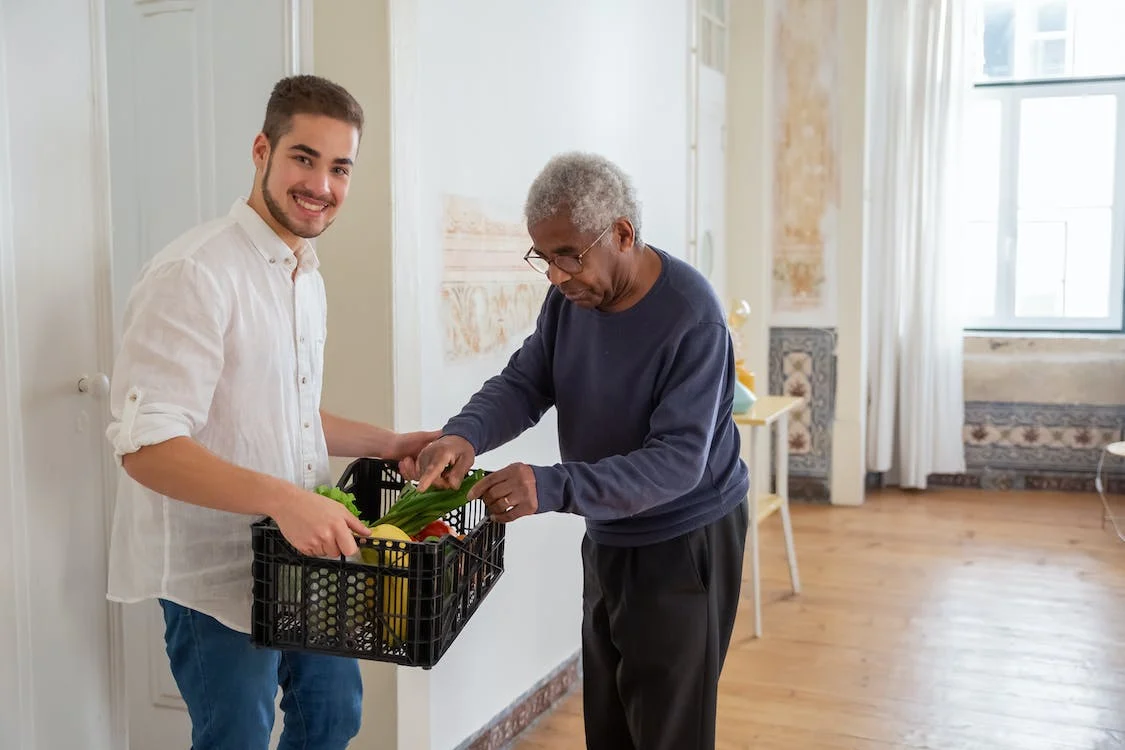
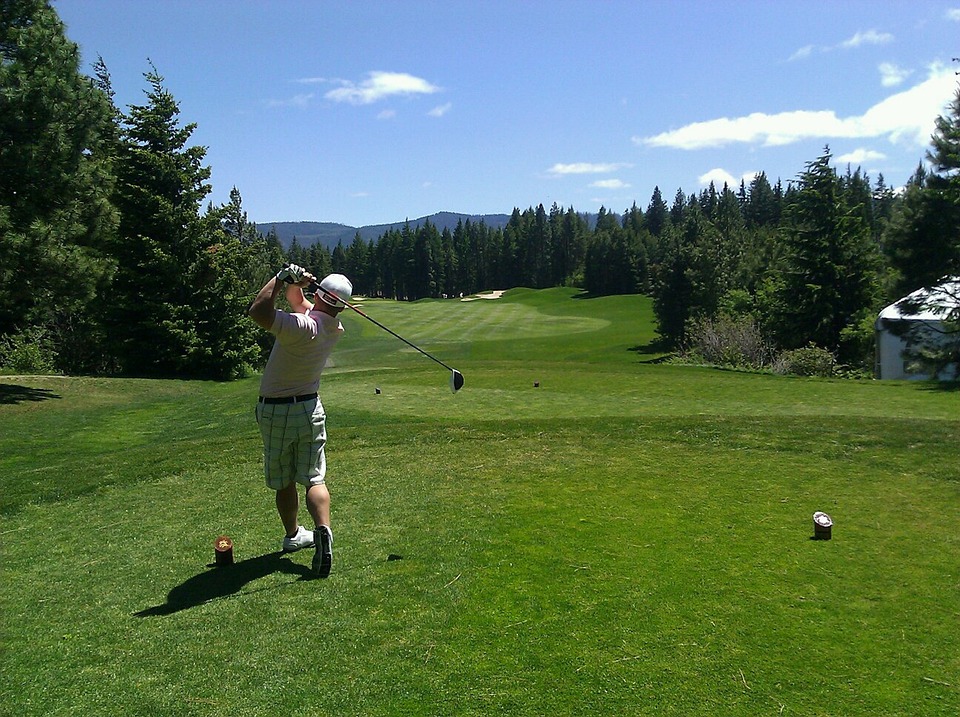
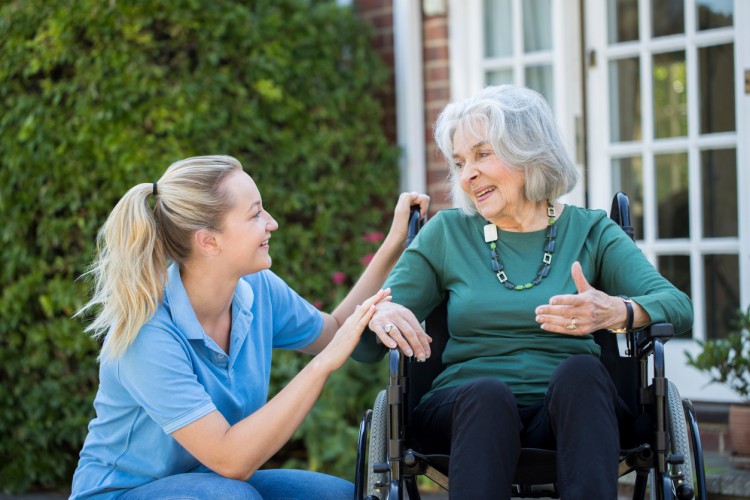


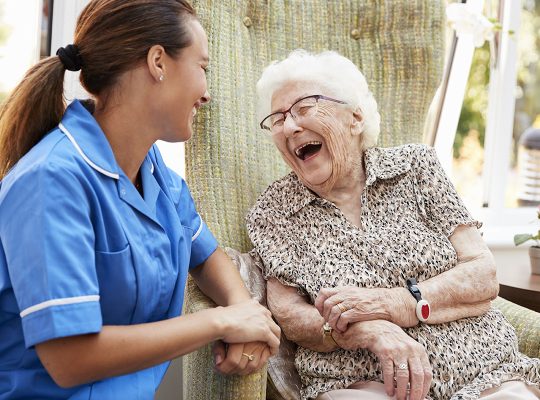
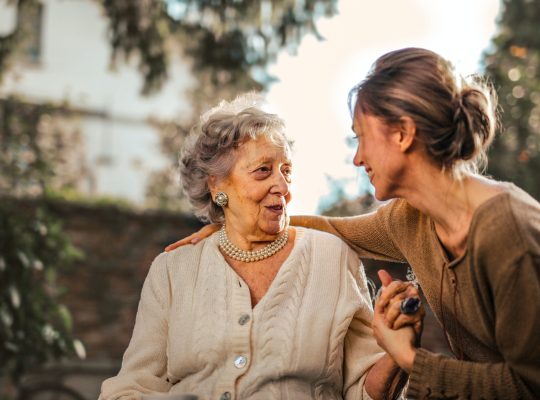
[…] Sound off in the comments section below, and tell us what you want to read next and if you want to read more about aging well at home. […]